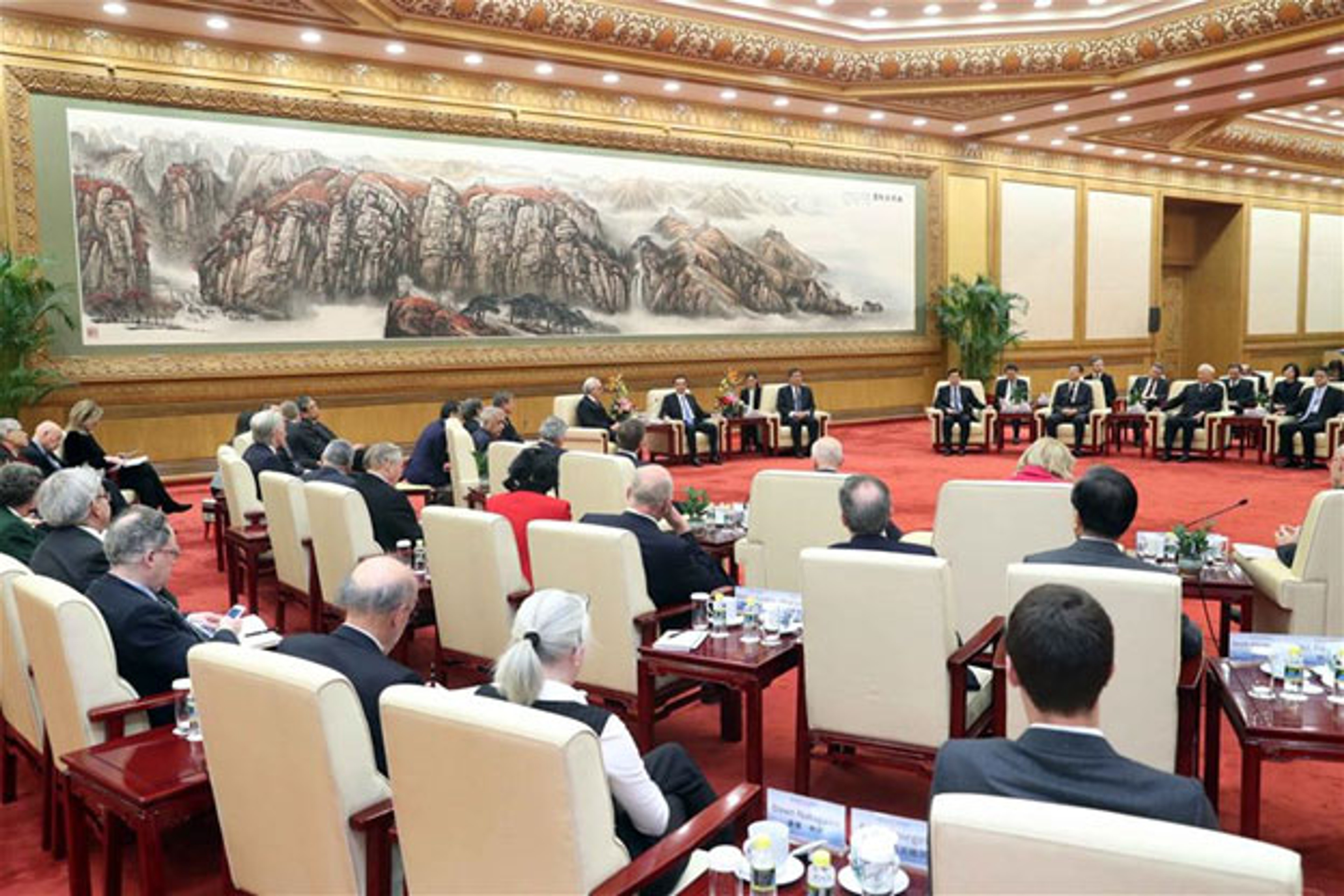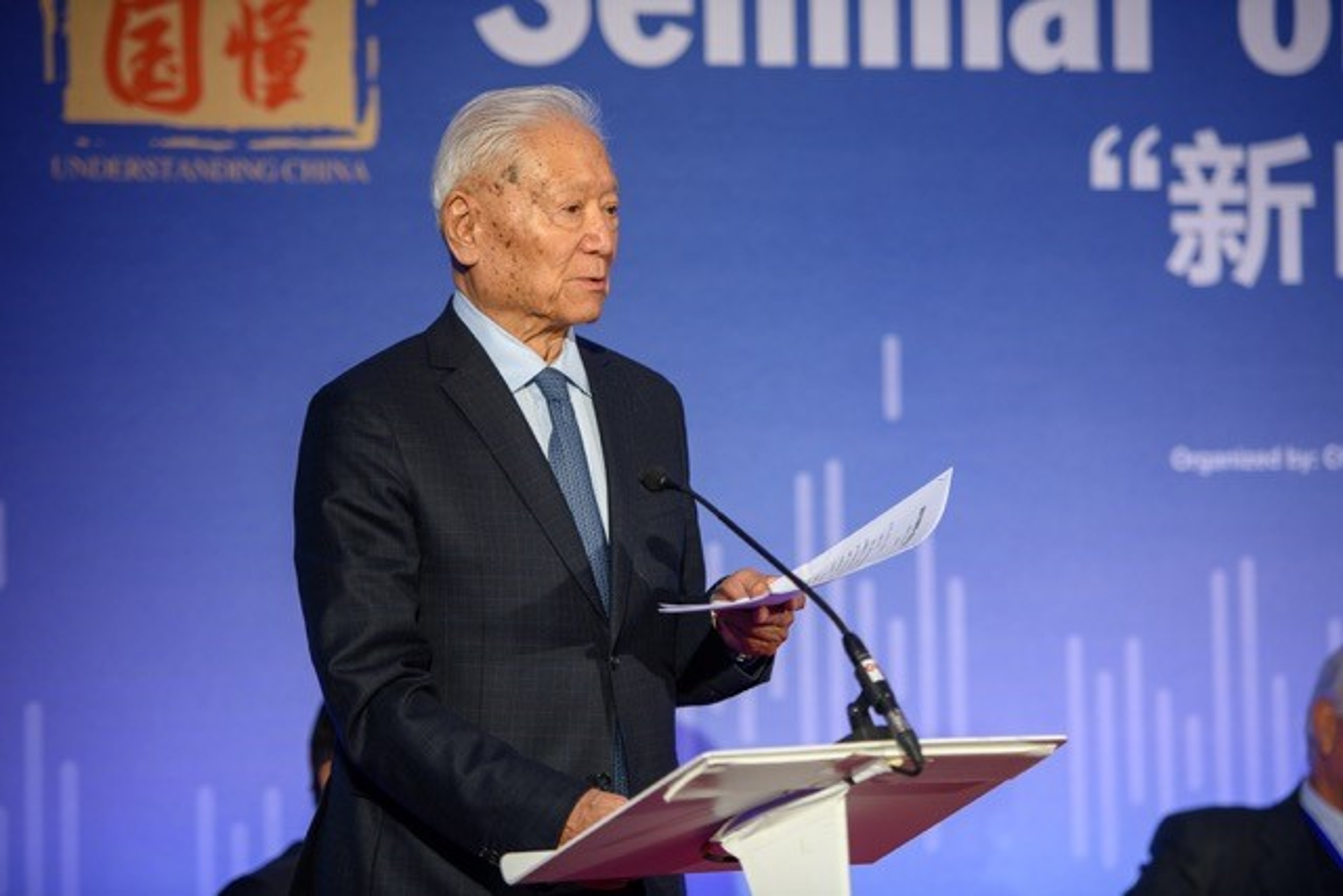China and the Western Democracies Need to Find Common Ground
In 2011 when the 21st Century Council first convened in Paris, Zheng Bijian gave the keynote speech in which he called for “building on a convergence of interests to create a community of interests.” Our Council adopted that approach to world affairs as our guiding light.
In subsequent years we have met with various chairs of the G-20 to promote this agenda. And since 2013, we have held two “Understanding China” conferences with Chairman Zheng’s institute where we have brought our global group of statesmen and women, Nobel laureates and high-tech titans to Beijing to meet with President Xi Jinping and others in the leadership.
In 2018, this bridge of understanding is more important than ever before. While there are large areas of global convergent interests from infrastructure investment for development to non-proliferation and climate action, undeniably there are signs of divergence as well, particularly in trade, security and the race for technological dominance. A realistic view of “the trend of the times” must be mindful of these worrisome developments that have sharply arisen in recent months.
In our 21st Century Council meeting in New York last December, Henry Kissinger warned that great danger looms if China and the U.S. fall out of rough balance in the combined areas of technology, the economy and military might.
To keep peace and stability, such a balance of power is a wise objective so each nation is secure enough to open up, recognize common interests and pursue cooperative action. But, as Kissinger has also rightly argued, unless partnerships on matters of mutual interest are an integral part of calculating that balance, each side will only seek advantage over the other and slide toward conflict. If there is no sense of common intent on any front, all else will dwell in the dark shadow of distrust.
This will be no easy task, not least because of the sharp divergence of political systems in East and West. Even as the mainstream political parties that have dominated Western democracies in recent decades fragment, splintering the body politic, China’s one-party system is consolidating its grip on society.
The highest priority for forums like this is to foster common understanding of each other’s goals and intentions so that vital areas of partnership can be carved out and bolstered where interests converge.
The place to start for those of us in the West is to understand the “new era” that vast nation has embarked upon under what has become the personalist rule of President Xi Jinping.
Nathan Gardels is the Co-Founder and Senior Advisor to the Berggruen Institute.






